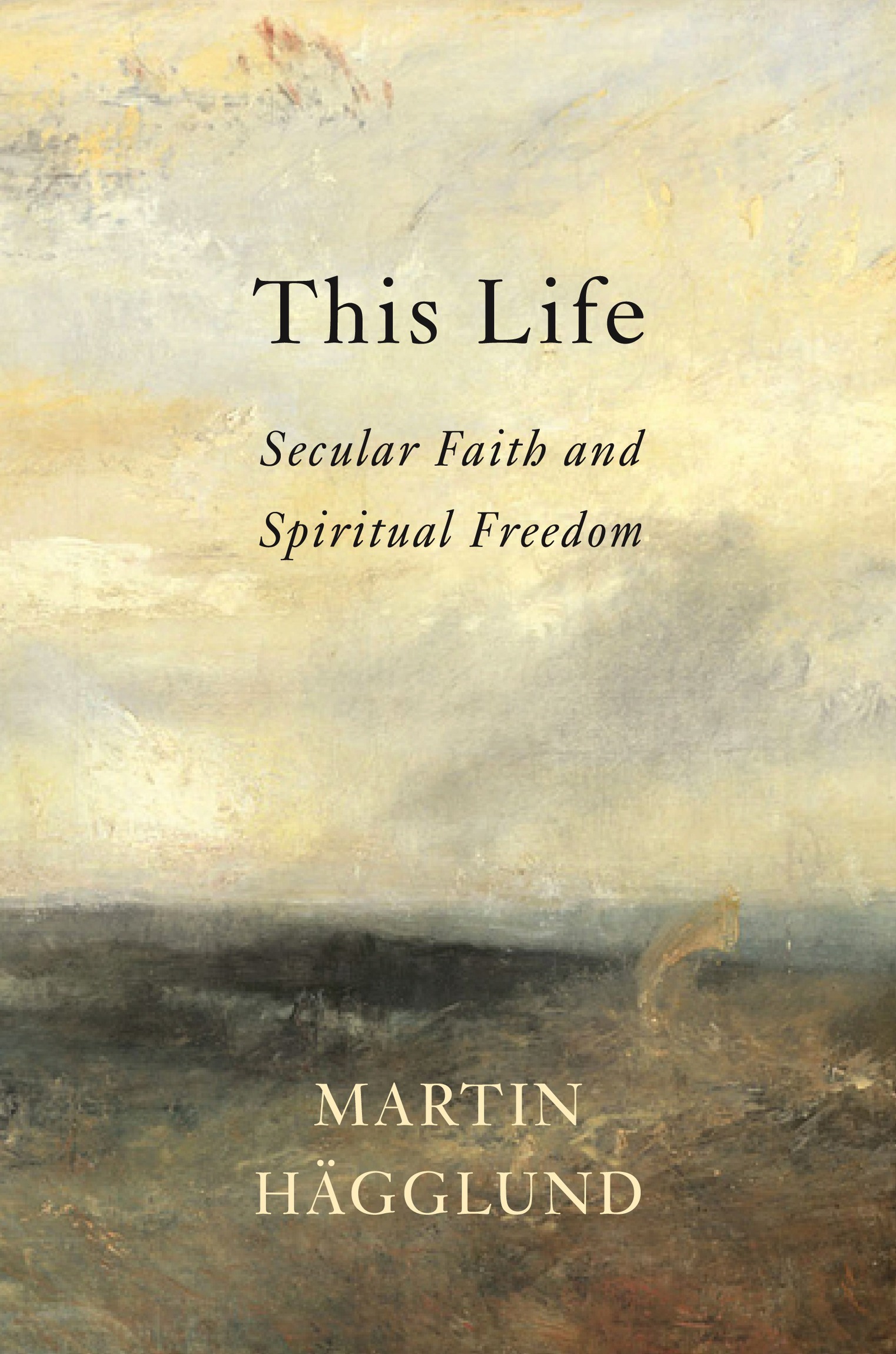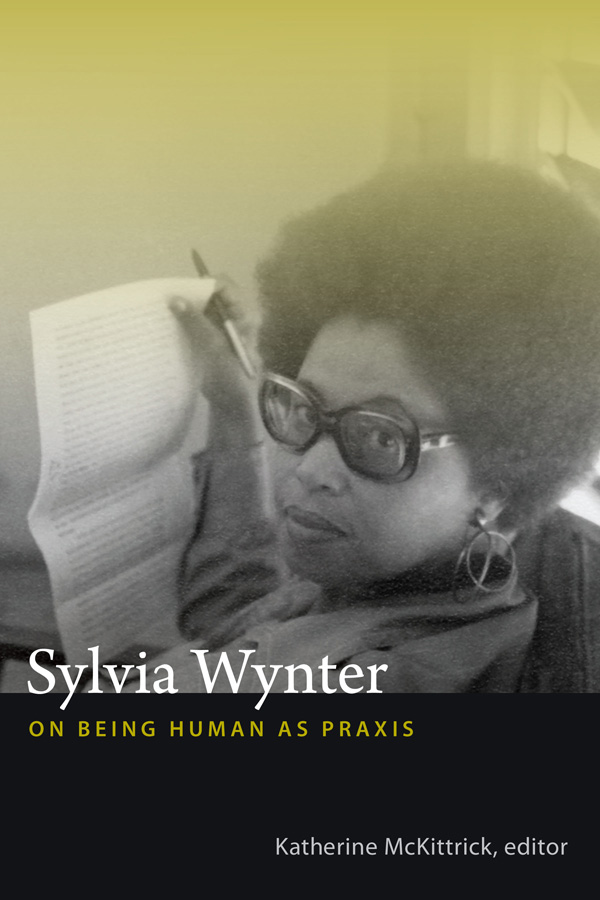Martin Hägglund: This Life: Secular Faith and Spiritual Freedom (2019)
Filed under book | Tags: · capitalism, critique, democracy, democratic socialism, faith, freedom, god, labour, liberalism, life, love, marxism, philosophy, politics, production, religion, secularism, socialism, society, spirituality, theory of value, time, value

“This Life offers a profoundly inspiring basis for transforming our lives, demonstrating that our commitment to freedom and democracy should lead us beyond both religion and capitalism. Philosopher Martin Hägglund argues that we need to cultivate not a religious faith in eternity but a secular faith devoted to our finite life together. He shows that all spiritual questions of freedom are inseparable from economic and material conditions: what matters is how we treat one another in this life and what we do with our time.
Engaging with great philosophers from Aristotle to Hegel and Marx, literary writers from Dante to Proust and Knausgaard, political economists from Mill to Keynes and Hayek, and religious thinkers from Augustine to Kierkegaard and Martin Luther King, Jr., Hägglund points the way to an emancipated life.”
Publisher Pantheon Books, New York, 2019
ISBN 9781101870402, 1101870400
450 pages
Interviews with author: Meagan Day (Jacobin, 2019), Adam Kelly (University of York, 2019, video).
Debates: Frederick Neuhouser, Lea Ypi, Jensen Suther (The Philosopher, 2019, with Hägglund’s introductory essay), Brandon M. Terry, Walter Benn Michaels, Benjamin Kunkel, Michael W. Clune, Jodi Dean, William Clare Roberts (Los Angeles Review of Books, 2020, with Hägglund’s response), Robert Pippin (The Point, 2019, Hägglund’s response).
Reviews: Samuel Moyn (Jacobin, 2019), Michael A. McCarthy (Jacobin, 2019), Nathan Brown (Radical Philosophy, 2019), Tyler M. Williams (Critical Inquiry, 2020), Jedediah Britton-Purdy (The New Republic, 2019), Mathew Abbott (Marx & Philosophy, 2020), Martin Rayburn (Parrhesia, 2020), Conall Cash (boundary2, 2019), Oliver Burkeman (The Guardian, 2019), James Wood (New Yorker, 2019), Adam Kirsch (Wall Street Journal, 2019), Matt McManus (Areo, 2020), Daniel Steinmetz-Jenkins and Daniel Zamora (Dissent, 2019), William Egginton (Believer, 2020), Anton Jansson (Ord & Bild, 2020, SW), Matthew Engelke (Public Books, 2019), Kevin Schilbrack (Sophia, 2020), Knox Peden (Sydney Review of Books, 2020), Johan Andreas Trovik (Vinduet, 2022, NO).
Author
Wikipedia
Publisher
WorldCat
Sylvia Wynter: On Being Human as Praxis (2015)
Filed under book | Tags: · black people, blackness, body, colonialism, consciousness, creolization, human, human ecology, indigenous peoples, knowledge, land, migration, modernity, philosophy, race, racism, representation, slavery, territory, theory, violence

“The Jamaican writer and cultural theorist Sylvia Wynter is best known for her diverse writings that pull together insights from theories in history, literature, science, and black studies, to explore race, the legacy of colonialism, and representations of humanness. Sylvia Wynter: On Being Human as Praxis is a critical genealogy of Wynter’s work, highlighting her insights on how race, location, and time together inform what it means to be human. The contributors explore Wynter’s stunning reconceptualization of the human in relation to concepts of blackness, modernity, urban space, the Caribbean, science studies, migratory politics, and the interconnectedness of creative and theoretical resistances. The collection includes an extensive conversation between Sylvia Wynter and Katherine McKittrick that delineates Wynter’s engagement with writers such as Frantz Fanon, W. E. B. DuBois, and Aimé Césaire, among others; the interview also reveals the ever-extending range and power of Wynter’s intellectual project, and elucidates her attempts to rehistoricize humanness as praxis.”
Essays by Katherine McKittrick, Denise Ferreira da Silva, Walter D. Mignolo, Bench Ansfield, Nandita Sharma, Rinaldo Walcott, Carole Boyce Davies, Demetrius L. Eudell, and a conservation with Sylvia Wynter.
Edited by Katherine McKittrick
Publisher Duke University Press, Durham and London, 2015
ISBN 9780822358343, 0822358344
xiii+290 pages
Reviews: Anthony Bayani Rodriguez (Antipode, 2015), Lea Hülsen (Kult, 2016), Kaiama L. Glover (Contemporary Women’s Writing, 2016), Inge Mathijssen (philoSOPHIA, 2018), Lauren Nelson (E3W Review of Books, 2019).
Comment (0)Matthew Fuller, Olga Goriunova: Bleak Joys: Aesthetics of Ecology and Impossibility (2019)
Filed under book | Tags: · aesthetics, animal, chance, ecology, environment, ethics, forest, individuation, nature, philosophy, plants, subject, territory, theory, virtuality

“Bleak Joys develops an understanding of complex entities and processes—from plant roots to forests to ecological damage and its calculation—as aesthetic. It is also a book about “bad” things, such as anguish and devastation, which relate to the ecological and technical but are also constitutive of politics, the ethical, and the formation of subjects.
Avidly interdisciplinary, Bleak Joys draws on scientific work in plant sciences, computing, and cybernetics, as well as mathematics, literature, and art in ways that are not merely illustrative of but foundational to our understanding of ecological aesthetics and the condition in which the posthumanities are being forged. It places the sensory world of plants next to the generalized and nonlinear infrastructure of irresolvability—the economics of indifference up against the question of how to make a home on Planet Earth in a condition of damaged ecologies. Crosscutting chapters on devastation, anguish, irresolvability, luck, plant, and home create a vivid and multifaceted approach that is as remarkable for its humor as for its scholarly complexity.
Engaging with Deleuze, Guattari, and Bakhtin, among others, Bleak Joys captures the modes of crises that constitute our present ecological and political condition, and reckons with the means by which they are not simply aesthetically known but aesthetically manifest.”
Publisher University of Minnesota Press, Minneapolis, 2019
Posthumanities series, 53
ISBN 9781517905521, 1517905524
xxviii+192 pages
PDF (6 MB)
Comment (0)
